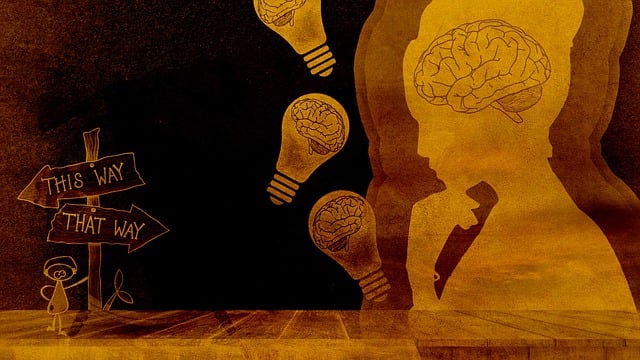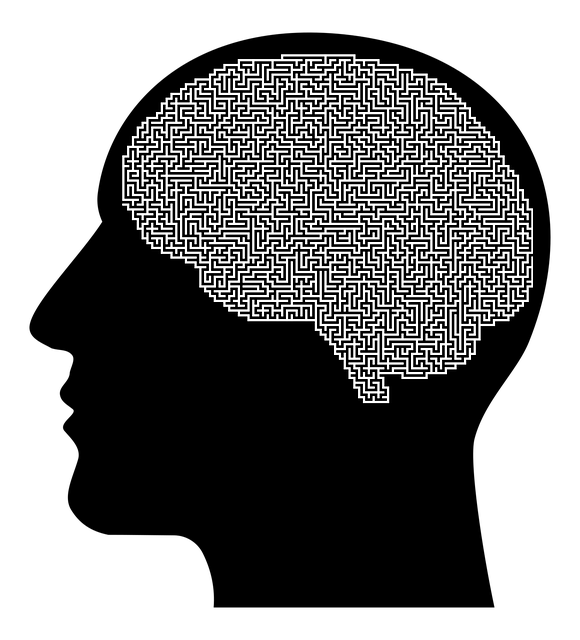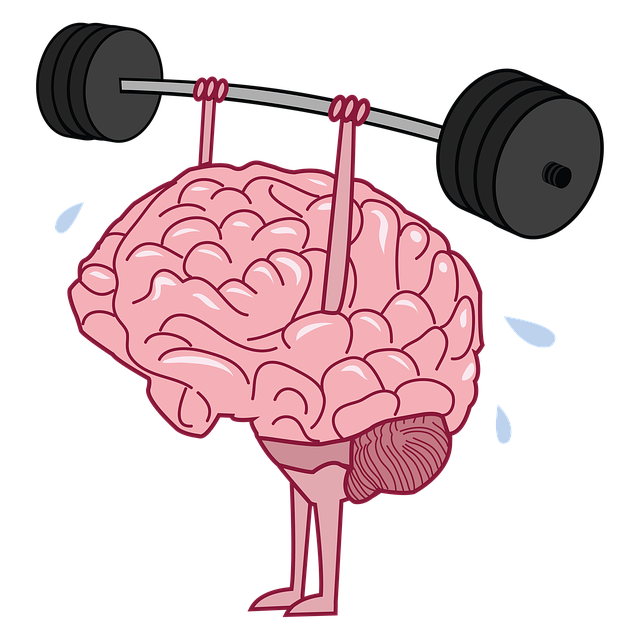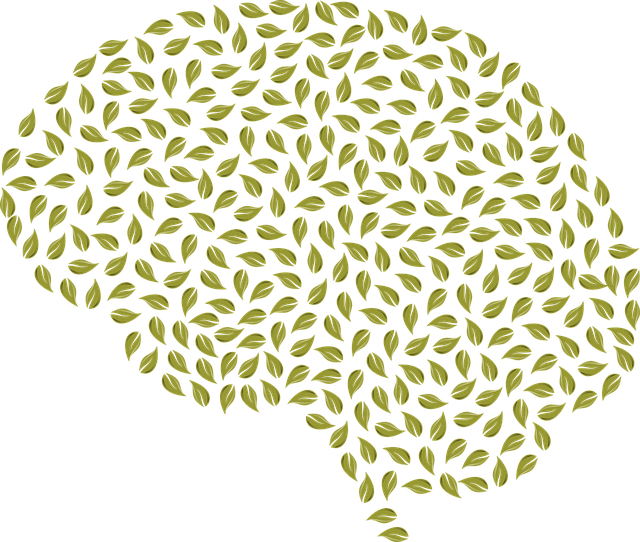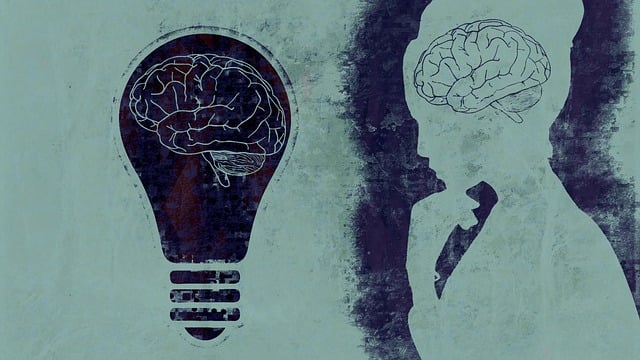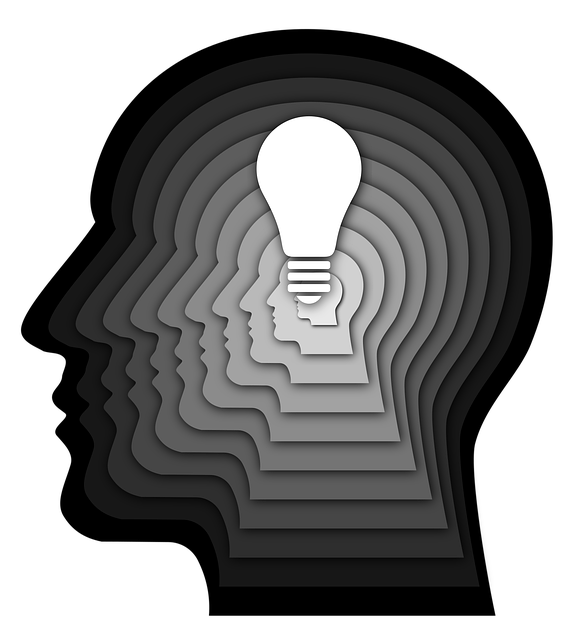Mental illness diagnosis remains a critical challenge in healthcare due to misdiagnosis rates reaching up to 30%, particularly with complex or co-occurring disorders. Overlapping symptoms can mask underlying conditions. To improve accuracy, enhanced clinical training, Mental Health Awareness initiatives, and evidence-based tools like Westminster Anger Management Therapy are integrated. This approach focuses on emotional regulation and mind over matter, addressing cultural sensitivity for more nuanced diagnostics. Misdiagnoses often lead to inappropriate treatments, causing treatment delays and patient frustration. By combining advanced assessment tools with personalized coaching, Westminster Anger Management Therapy aims to enhance diagnosis accuracy and improve patient care outcomes.
Mental illness diagnosis accuracy is a critical aspect of patient care, yet challenges persist. This article delves into the current state of diagnosis practices, revealing staggering misdiagnosis rates with significant consequences for patients. We introduce Westminster Anger Management Therapy (WAMT), a revolutionary approach designed to improve accuracy through structured interventions and personalized care. Furthermore, we explore strategies like technology integration, multidisciplinary teams, and continuous training, highlighting future directions to enhance diagnostic reliability and patient outcomes.
- The Current State of Mental Illness Diagnosis Accuracy
- – Exploring the challenges and limitations of current diagnostic practices
- – Statistics on misdiagnosis rates and their impact on patient outcomes
The Current State of Mental Illness Diagnosis Accuracy

Mental illness diagnosis accuracy has long been a subject of concern within the healthcare community. Despite advancements in research and an increasing understanding of various mental health conditions, misdiagnosis rates remain alarmingly high. This issue is particularly evident in cases involving complex or co-occurring disorders, where symptoms can overlap and obscure underlying conditions. For instance, what seems like severe anger management issues could be a manifestation of undiagnosed post-traumatic stress disorder (PTSD) or depression.
Efforts to improve accuracy are multifaceted, from enhancing clinical training and education to promoting Mental Health Awareness and Resilience Building initiatives. Techniques such as comprehensive patient history assessments, integrating Emotional Healing Processes, and utilizing evidence-based assessment tools are gaining traction. Moreover, the integration of technology, like digital therapy platforms offering Westminster Anger Management Therapy, holds promise in streamlining diagnosis processes while making mental health care more accessible.
– Exploring the challenges and limitations of current diagnostic practices

The current diagnostic practices for mental health conditions face several challenges and limitations that hinder accurate assessments. One significant obstacle is the subjective nature of many assessment tools, which rely heavily on patient self-report or clinician observation. This approach can be prone to bias, as it may not capture the full complexity of an individual’s experience, leading to misdiagnosis or missed disorders. For instance, patients with good coping mechanisms might downplay their symptoms, while those with limited emotional regulation skills could exaggerate, impacting the diagnosis.
Additionally, many diagnostic criteria lack cultural sensitivity, making it challenging to assess individuals from diverse backgrounds accurately. The prevalence and manifestation of mental health issues can vary across cultures, influenced by social norms, family dynamics, and unique life experiences. For example, expressions of anxiety or depression may differ between communities, potentially leading to misinterpretation during diagnosis. Integrating Westminster Anger Management Therapy, which focuses on emotional regulation and mind over matter principles, alongside empathy-building strategies, offers a more nuanced approach to address these limitations and improve diagnostic accuracy, especially in culturally diverse populations.
– Statistics on misdiagnosis rates and their impact on patient outcomes

Misdiagnosis rates in mental health are alarmingly high, with studies indicating that up to 30% of cases are incorrect. This has significant implications for patient outcomes, as inappropriate treatment can exacerbate symptoms or lead to unnecessary side effects. For instance, a patient suffering from anxiety might be misdiagnosed as depressed and prescribed antidepressants, which aren’t always effective for anxiety disorders. Such errors can cause frustration, delay proper treatment, and even result in patients disengaging from care entirely.
In light of these issues, efforts are being made to enhance diagnosis accuracy, particularly through the integration of Mental Wellness Coaching Programs that focus on Mood Management using Mind Over Matter Principles. These programs emphasize a holistic approach, considering not just symptoms but also environmental factors and coping strategies. By combining advanced assessment tools with personalized coaching, healthcare professionals in Westminster Anger Management Therapy can strive for more precise diagnoses, ultimately improving patient care and outcomes.
Mental illness diagnosis accuracy is a critical aspect of patient care that requires continuous improvement. The current state, as highlighted in this article, presents several challenges and limitations, with misdiagnosis rates significantly impacting patient outcomes. Efforts to enhance diagnostic practices, such as integrating advanced assessment tools and improving access to specialized therapy like Westminster Anger Management Therapy, are essential steps towards ensuring more accurate and timely mental health interventions. By addressing these issues, the healthcare system can better support individuals struggling with mental illness, ultimately leading to improved patient outcomes and enhanced quality of life.
